Rail passengers in UK face major disruption as latest walkouts begin
Train passengers in the United Kingdom face major disruption this week as thousands of rail workers are set to begin a series of strikes starting Tuesday to demand a pay rise amid soaring energy and food prices.
The large-scale rail strikes, called by the country's largest rail union, the Rail, Maritime and Transport (RMT), will see about 40,000 rail workers walking out on Tuesday and Wednesday and then again on Friday and Saturday amid a row over jobs, pay and work conditions.
The strike action comes after members of the UK's biggest rail union rejected fresh pay offers from Network Rail, the owner of Britain's railway infrastructure, on Monday, vowing to continue the fight.
The offer included a pay rise of five percent backdated for this year and a further four percent at the start of 2023, tied to "thousands of job losses" as well as an increase in unsocial hours.
"This is a huge rejection of Network Rail's substandard offer," RMT's general secretary Mick Lynch was quoted as saying.
Rail Minister Huw Merriman urged Lynch to return to the negotiating table, saying the government's resolve is clear: "we want these strikes taken down, and we want a better and more resilient railway for the future."
Lynch, however, said the government was doing nothing to end the walkouts and was looking to ban such action with tough new anti-strike laws.
"Our members, along with the entire trade union movement will continue their campaign for a square deal for workers, decent pay increases and good working conditions," he said.
Major stations across the country are expected to see picket lines and canceled or disrupted journeys, expected to hinder people's Christmas travel plans.
Network Rail has urged passengers to "only travel if absolutely necessary".
The RMT has held a series of strikes in recent months bringing the rail network in England, Scotland and Wales to a standstill and threatening to hit businesses in the run-up to the Christmas holidays.
The RMT plans more strikes from 6 p.m. on Christmas Eve, December 24, until 6 a.m. on December 27, according to reports.
The rail workers are also scheduled to walk out in early January.
This week, the UK is bracing for an unprecedented wave of strikes, with nurses, postal workers, and border force officials planning to walk out before Christmas as the country's inflation surged to a 41-year-high of 11.1 percent in October, fueling the country's cost-of-living crisis.
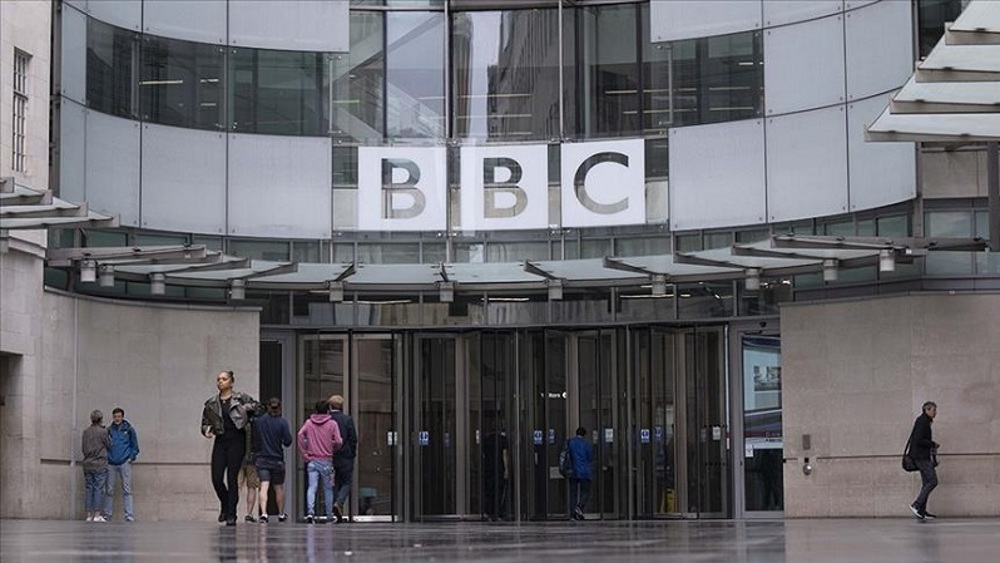
BBC pro-Israel bias in reporting Gaza genocide

London anti-racism protests

London hit by ‘shocking’ wave of Islamophobic hate crimes
Israel’s massacres won’t grant it ‘legitimacy’: Hamas on 31st anniversary of Ibrahimi Mosque tragedy
French leader decries ‘unprecedented diplomatic scandal’ after Israel bars European MPs
VIDEO | Washington’s failed projects
VIDEO | Islamabad exhibition exposes Israeli atrocities in Gaza
Trump rescinds arms sales regulation in favor of Israel, sources say
Iran’s president vows to accelerate cooperation with Russia
Palestinian says Israeli jailers poured acid on him during interrogation
Iran, Turkmenistan seek increased cargo transit via railways





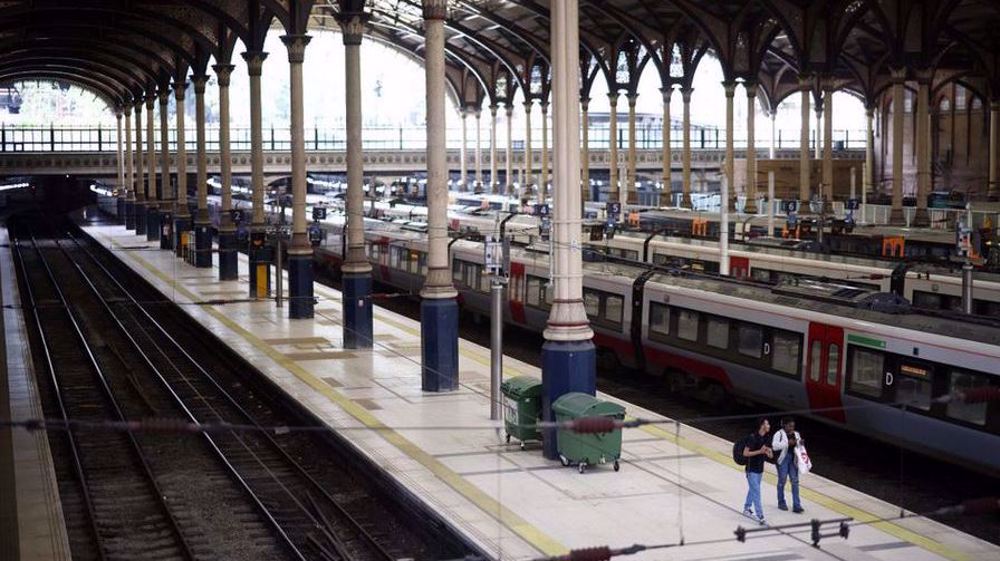
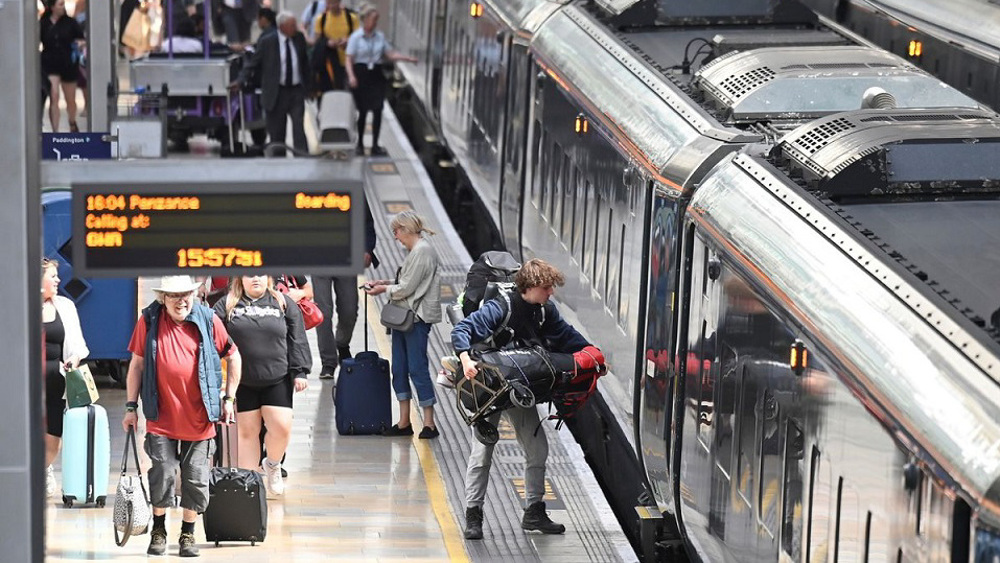
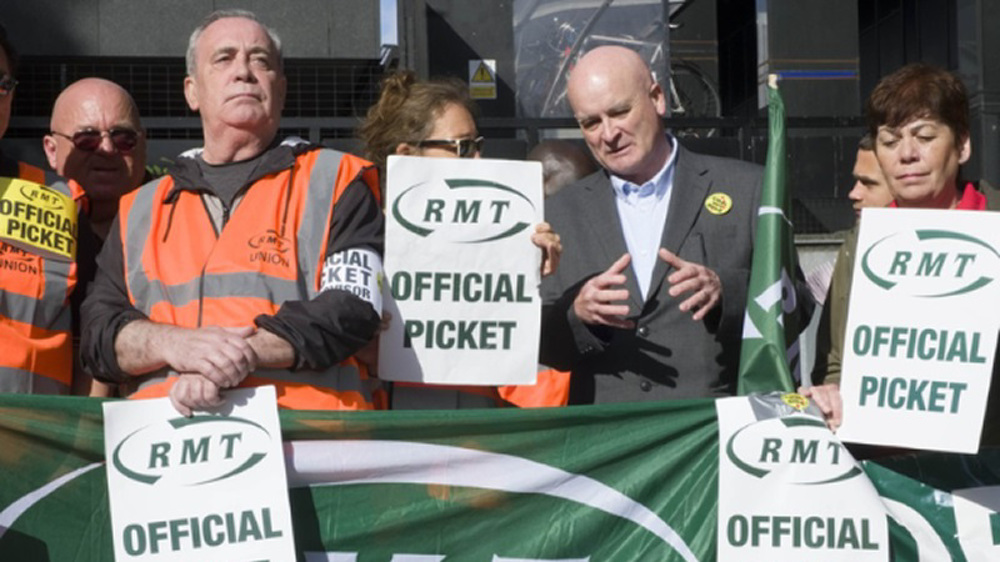
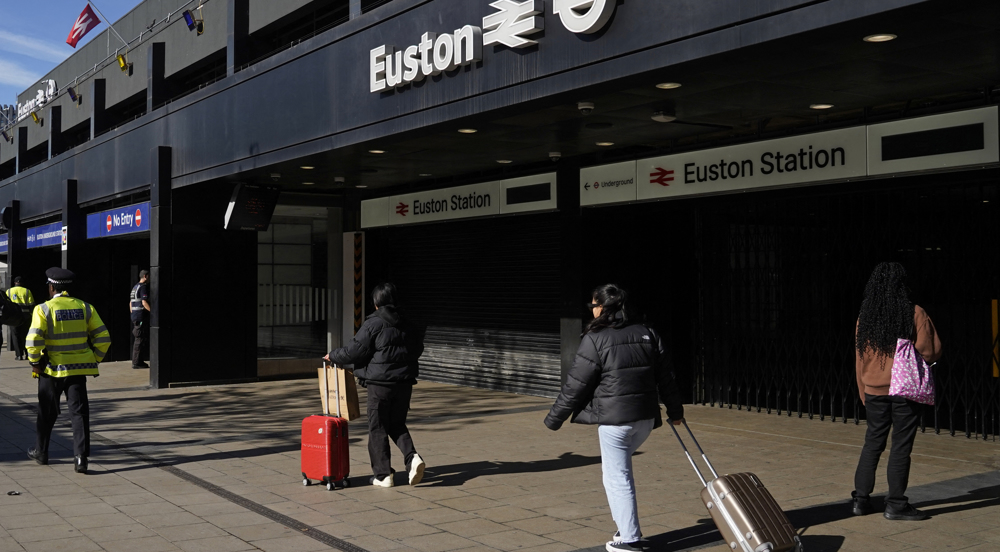
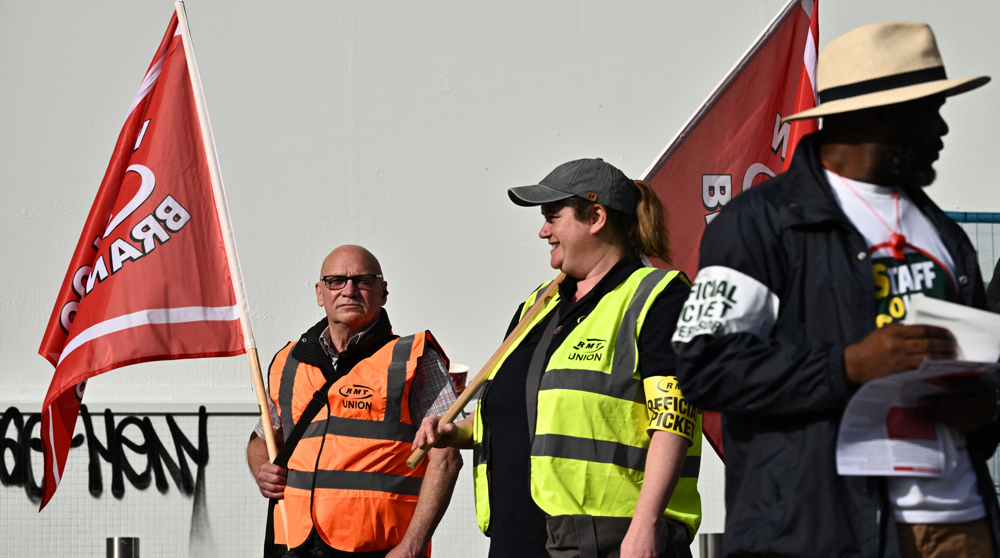

 This makes it easy to access the Press TV website
This makes it easy to access the Press TV website